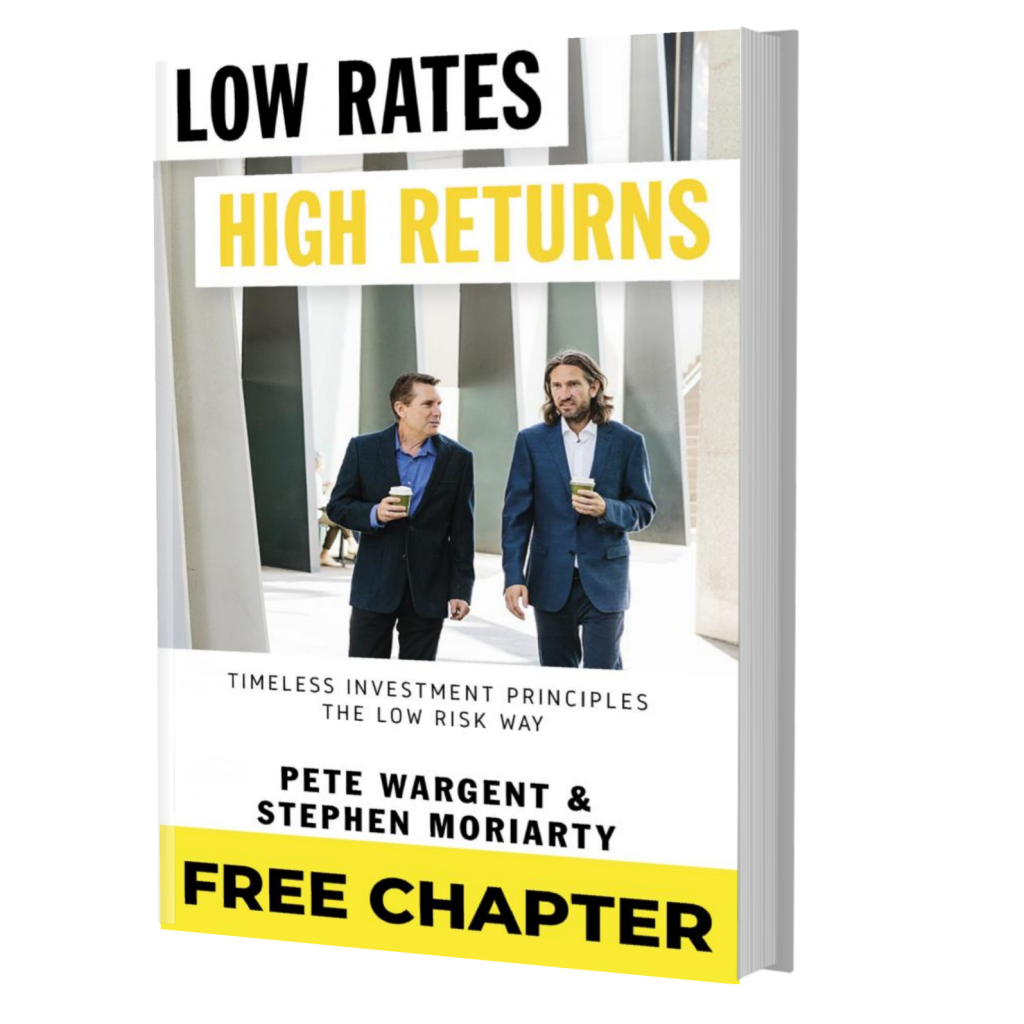Leading by example
During my career in professional practice I didn’t always enjoy managing people, & with the valuable benefit of hindsight I can now see why.
My approach worked well at the senior analyst level where mostly I could lead by example, but as I moved into senior management positions a different approach & skill-set is required, including self-belief, managing details & expectations, and creating the framework within which a team can thrive.
My approach was generally to expect people ‘get on with it’ without micro-managing them – ’empowerment’ would be a generous description – often effective in a top tier firm with its strong talent pool, but liable to fall down where a team member is disengaged or demotivated.
Looking at the qualities of robust leadership these are hardly attributes that I have in abundance, and my path partly reflects how some star performers in more junior or analytical roles fail to prosper in firms or institutions as they’re elevated to management or executive positions.
Strength of character
What, then, are the characteristics of a strong leader?
It seems few can agree, for I’ve seen articles variously chronicling the top 10 qualities, the key 22 characteristics, & even the most important 101 traits of great leadership!
Taking a step back, though, all of the cited qualities fall broadly within one of the following 4 quadrants.

The core of a good leader is built from within, an inner confidence founded upon personal values (consciousness), and from this flow the external traits, including knowledge, actions, & accountability (behaviour).
For a team to function under a great leader, a thriving culture must be built upon shared experiences & a collective code of beliefs & boundaries, while organisational plans, policies, and procedures represent the network within which it can flourish (system).
Good to great
Great leaders are assured, charismatic, build trust, know how to manage, and delegate effectively.
That’s terrific, but what if you’re not a born leader? After all, some people prefer to take a back seat, or take instructions from others, or hide behind emails.
And not everyone can (or perhaps even should) become a great boss.
While it may be semantics, there are many ways to lead in business, and not all of these require you to be a CEO or senior executive.
Now it’s probably true that not everyone can be a great leader; but I believe that anyone can be a very good one.
The real trick is to work out what has meaning to you, where you have a natural point of difference, and how you can make a unique contribution – the confidence and self-worth you gain from so doing can then form the foundation for powerful leadership.






